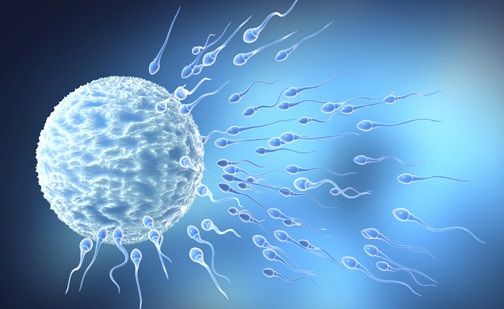

that invites you to surrender
to the unseen force behind all life


Tomorrow's precious memories


that you never knew was empty
Welcome to IVF Spring, Mumbai, India
If you’re looking for world-class personalized IVF Treatment in India, IVF Spring Fertility Centre, Mumbai is the right choice for you. We specialize in all types of fertility treatments for men and women. Experience the best Natural IVF and Mild IVF treatments in Mumbai. Our fertility treatments are tailor-made for each patient, using advanced techniques that reduce side effects, stress and duration of the treatment. IVF Spring Fertility Clinic in Mumbai, India is one of the leading fertility hospitals in India, having the best IVF success rates. Our experienced fertility expert, Dr. Anjali Deval’s personalized treatment approach towards Male & Female infertility problems, with advanced technology, has achieved superior pregnancy success rates. Break the taboo surrounding infertility, and get started on your parenthood journey with IVF Spring, today.c

Committed to quality
For Best Results
IVF Spring strives to maintain the highest standard of treatments. Through regular reviews of facilities provided, we aim to provide a truly world-class service to each patient
Know More >

Best in class fertility treatment
Designed for you
We promise to always do what’s in the best interest for our patients. With an individualized approach towards each patient, our treatments are more patient-friendly and less stressful
Know More >

World-renowned fertility experts
Leaders in Fertility
IVF Spring Fertility Centre in Mumbai is led by the renowned Dr. Anjali Ajit Deval, supported by a team of expert consultants, nurses, healthcare assistants and embryologistss
Know More >
One of the most wonderful feelings, Giving birth to a child; Let us help you in this beautiful journey towards parenthood …
Fertility treatment does not always mean IVF
IVF Spring Fertility Centre does not believe in one size fits all. Our focus is on achieving clinical excellence through personalized attention to each patient. We are committed towards providing compassionate and ethical fertility treatment, recommending treatments that significantly boost your chances of having a successful pregnancy
Majority of our patients begin with a basic form of treatment like IUI. Learn more about this popular treatment and if it is right for you.
When using your gametes isn’t an option donor treatment can help you reach parenthood. Learn more what using donor treatment entails.
When more complex barriers are keeping you from getting pregnant, genetic consultation can help. Find out how it can help you.
Majority of our patients begin with a basic form of treatment like IUI. Learn more about this popular treatment and if it is right for you.
The first step of your fertility journey with IVF Spring Fertility Center is to come for a fertility consultation & personal counselling session
Dr. Anjali Deval - leading infertility specialists in Mumbai, India with over 15 years of experience
Dr. Anjali Ajit Deval is the Director of IVF Spring Fertility Center Mumbai, India, with 15+ years of experience as an infertility specialist and gynecologist. Having practiced in some of the leading multi-specialty hospitals in Mumbai, such as Fortis, Hiranandani, and Metropolis, her expertise spans across a multitude of fertility conditions faced by men and women, today. Under her guidance, IVF Spring has grown into a leading fertility center for men and women in Mumbai, since its inception.
Long history of
Fact
Success Rates

We help fulfill your dreams of parenthood by providing the highest standard of fertility treatments. Welcome to IVF Spring, Mumbai








